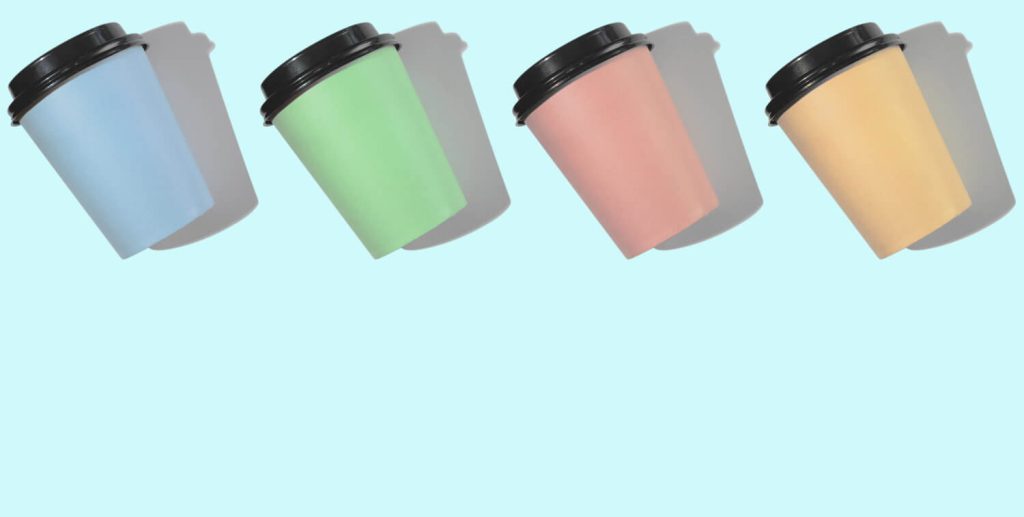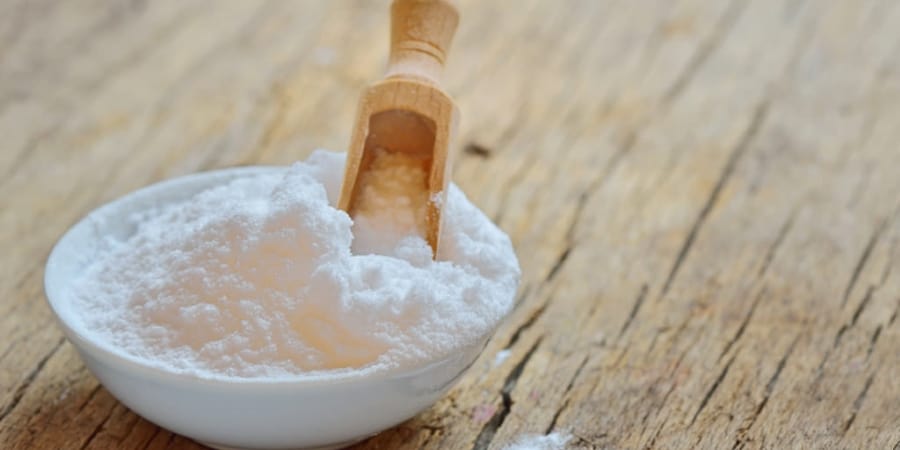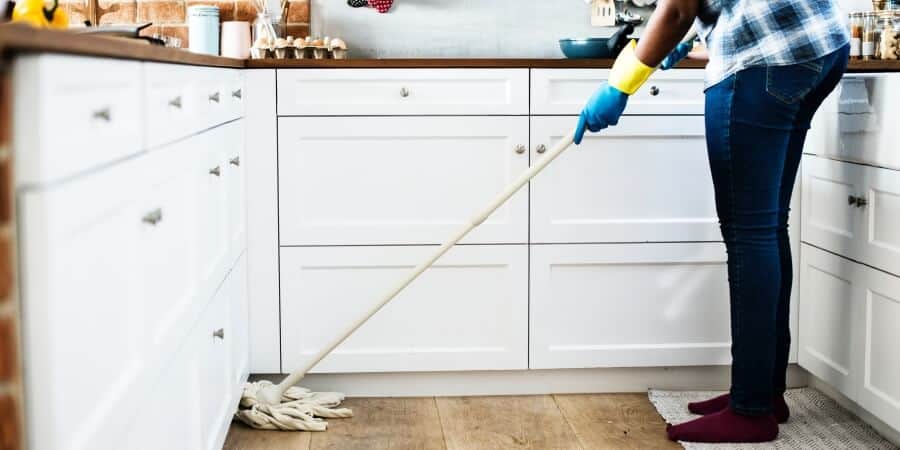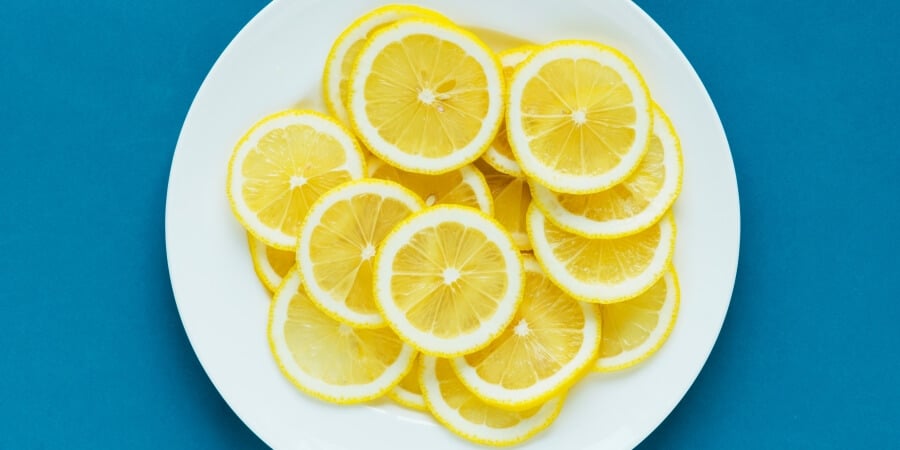Although many consumers are aware of the dangers of plastic water bottles and food containers, most don’t know that the “BPA-free” label on a plastic bottle doesn’t necessarily mean it’s safe.
New research published in September (1) adds to mounting evidence that BPA replacements may actually pose their own health risks. The study concluded that common BPA alternatives caused harmful effects in the reproductive cells of mice and that these effects were passed on to the next generations. Now, researchers think the same could hold true for humans.
But what exactly is BPA? How dangerous is Bisphenol A? Let’s take a look at how it all began.
The BPA-Free Craze
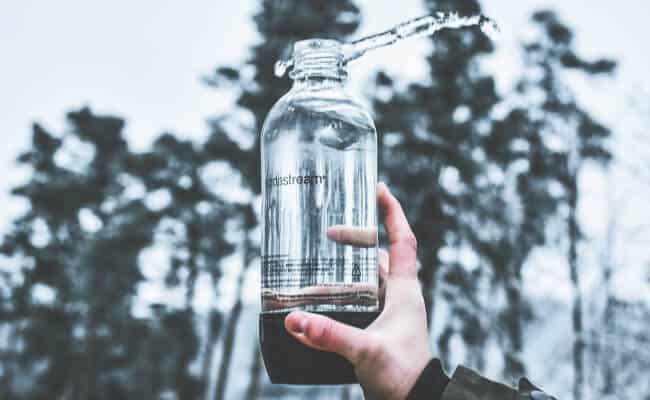
When the FDA banned the sale of baby bottles, sippy cups, and packaging for infant formulas that contain BPA in 2012, the world was sent into a frenzy. All of a sudden, people became aware of all the dangers associated with the banned substance, and it became painfully evident just how much plastic there was around consumables. Naturally, many people went flocking to the BPA-free side.
Today, plastic is still everywhere, from food containers you use to store your leftovers to water bottles you bring to workout sessions. Only now, most of these plastics are made with BPA alternatives, which are supposedly safer.
So the big questions are:
Is the grass really greener in the land of alternative plastics? Is BPA-free plastic really safe? And what are the safe alternatives to BPA?
To bring light to this issue, here is more about the substance that started the BPA-free craze, its replacement and whether or not you can stay safe using plastic.
What Is Bisphenol A or BPA?
Bisphenol A or BPA is a chemical used in plastic manufacturing for hardening. You can find it in all sorts of plastic products, including phones, spectacles, plastic kitchenware, and clear plastics of any purpose. The compound is generally used to improve the product’s durability and overall resilience against impact.
BPA has also been used in the food industry for decades to make the plastic materials food is packaged in and to line metal food and drink cans.
What Are the Dangers Associated with BPA?
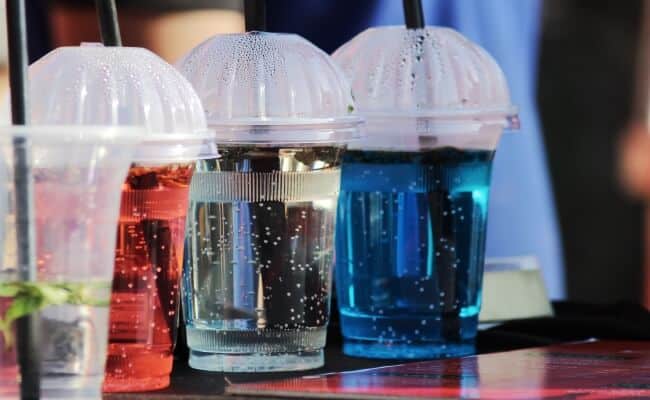
BPA (and other plastics, for that matter) are dangerous because they can leach small amounts of plastics into your foods and drinks. Just how much gets transferred depends on how you use the containers. For example, heating meals packed in plastic in the microwave increases the amount of harmful chemicals transferred to food. Storing fatty, acidic, or salty foods also increases the migration, and so does using old plastics.
Although the FDA states (2) that it is safe at the current low levels it’s occurring in foods, it’s only considered safe because it’s never been proven to be unsafe. There’s plenty of evidence showing that BPA is harmful by mimicking a variety of natural human hormones, especially estrogen, which results in serious disturbances of the human endocrine system.
The hormonal imbalances can manifest in several ways, but here are the best-understood dangers.
BPA May Disrupt Onset of Puberty
This occurs mainly in girls exposed to the compound for a long time before puberty. It manifests in different ways, including the development of female secondary sexual characteristics earlier than the normal range. It also may include early onset of menses and subsequent irregular cycles (3).
BPA May Cause Infertility
Some studies show BPA may negatively affect fertility in both men and women. For men, the issue may lie in increased levels of estrogen, which could bring on problems like erectile dysfunction and impaired sperm production (4). For women undergoing fertility treatment, higher levels of BPA negatively impacted egg production (5) and becoming pregnant (6).
Implicated in Heart Disease
Another reason you might want to avoid BPA is because it has been tied to an increased risk of cardiovascular problems. It affects the mechanical functions of the heart resulting in arrhythmias and changes in blood pressure (7), as well as increasing the risk of heart disease (8).
Increased Risk of Prostatic and Breast Cancer
Both prostatic and breast cancer are very sensitive to hormone changes. Estrogen, in particular, improves the growth of the malignant cells. Lab experiments show that BPA can turn normal breast cells into more cancerous cells (9) and cause cellular changes in prostate cells (10).
BPA Pollutes the Oceans and Your Food
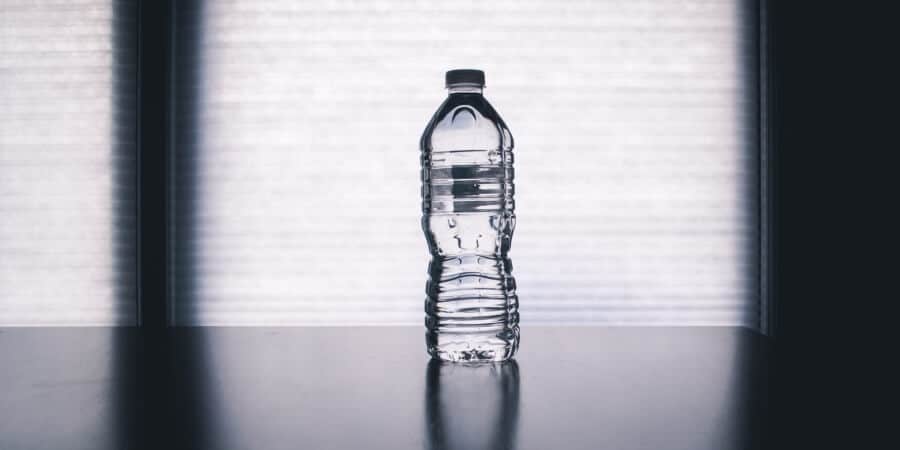
Katsuhiko Saido, a chemist from the College of Pharmacy at Nihon University in Chiba, Japan, made a rather appalling discovery (11). With fellow researchers, they had an unpleasant surprise when they discovered that the plastic that was thought to be stable in the ocean was actually decomposing quite quickly, releasing bisphenol A (BPA) and a polymer called PS oligomer.
8 million metric tons of plastic end up in our oceans every year. Plastic microparticles are found in the flesh of fish we eat (12). This means that by eating fish, you could be ingesting tiny bits of possibly toxic plastic without realizing it.
What Replaced BPA, And Is It Any Safer?
Companies that produce plastic for storage of consumables made the transition from using BPA to using alternatives like Bisphenol S, F and others.
BPS and BPF are supposed to be more stable and, therefore, less likely to leak into the contents of plastic bottles or containers, making them safer. Unfortunately, a study published in the journal Current Biology just this September concluded that common BPA alternatives might also be harmful to human health (13).
Safe Alternatives to BPA-Free Plastic
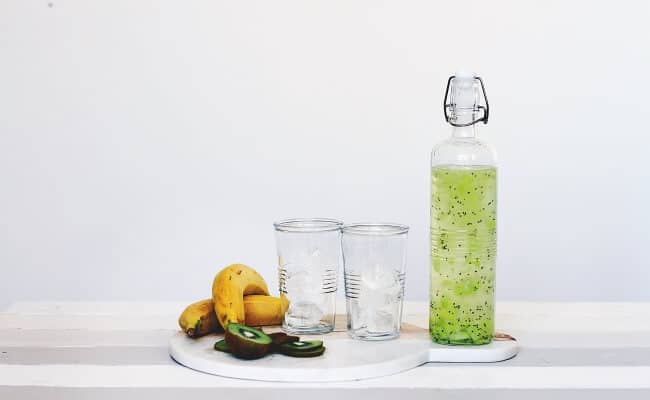
So far, one thing is clear: BPA is bad news, and its alternatives are not that much better.
But what should you use instead?
There are two alternatives to plastic that you can never go wrong with – glass and stainless steel. Both are free of harmful BPA/BPS and other chemicals and will not contaminate the consumables that you store in them.
So, consider getting rid of all plastics altogether and go for glass fridge containers, glass bottles or stainless steel water bottles for your own safety.
